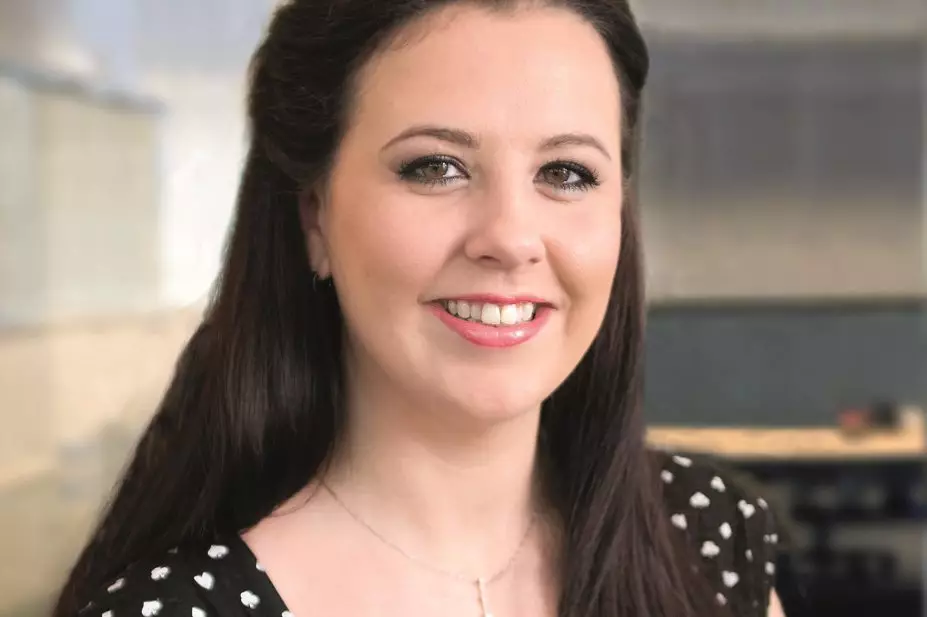
What is your current role and how did you get there?
I qualified from Strathclyde in 2002, completed my pre-registration training in community pharmacy, and then worked as a locum in Glasgow, Bicester and Manchester. During this time, I began a neuroscience PhD in Manchester, looking at how inflammation influences brain damage, and then completed a short postdoctorate in the same field. I began working at AstraZeneca as a medical information officer in 2009, while finishing my PhD and an MSc in translational medicine. I joined Napp in early 2010 as a medical science liaison (MSL) and moved to Pharmacosmos at the start of 2014.
As an MSL, I travel worldwide to conferences and clinical trial sites, and visit healthcare professionals working in all sectors of the NHS and private care. I provide an expert level of scientific and clinical information on multiple therapy areas and associated drug treatments. Although I am employed by pharmaceutical companies, my role is always non-promotional, presenting accurate, fair and balanced information. I assist clinicians in various tasks, including performing audits and designing and conducting clinical trials. I also help them publish their work and present at conferences, as well as supporting them in their personal development.
Within the company, I provide medical training for the sales team, contribute medical knowledge to the creation of marketing materials and make plans for upcoming congresses. I also act as the UK final medical signatory, so I am ultimately the person who takes responsibility for almost everything the company does. This includes the contracts with healthcare professionals, medical safety, medical information, marketing, promotion and training.
How did you become a final signatory, and what does that involve?
The pharmaceutical industry follows specific legislation and codes of practice to ensure that high ethical standards are met. The final signatories, who are registered with the Medicines and Healthcare products Regulatory Agency, ultimately take personal responsibility when declaring the material meets all the requirements. A medical signatory (as opposed to a marketing signatory) also has to ensure that all the medical information included is accurate, fair, balanced and will not compromise patient safety in any way.
I was allowed to progress to becoming a final medical signatory, which only physicians or pharmacists are allowed to do
I let my manager know that I wanted to become a final medical signatory as part of my personal development. Having demonstrated that I had a good working knowledge of the code of practice, as well as taking part in relevant training courses and passing an exam, I was allowed to review company materials. Once I had demonstrated competence doing this, I was allowed to progress to becoming a final medical signatory, which only physicians or pharmacists are allowed to do.
What do you enjoy most about your work?
I was first attracted to this role because it enabled me to tie together the three main things I had covered during my career: therapy area knowledge, research and scientific analyses, and science communication. These days it is the sheer variety of the role that keeps me enjoying every day. Additionally I have visited many places, including Cairo, Athens, Miami, Milan, Florence, Copenhagen, Amsterdam and Denver, all in the name of work.
I feel a great sense of pride when I receive feedback that my information has improved things for patients
I feel a great sense of pride when I receive feedback that my information has improved things for patients, and I am also particularly happy when a respected clinician or hospital agrees to work with me on large projects, such as clinical trials.
What tips would you give a pre-registration pharmacist hoping to pursue a career in your role?
To gain experience, undertake placements within company medical departments. If your university cannot help with this, call the medical information department for a company, ask if they have a UK medical team and if you would be able to shadow an MSL. Expect to work outside standard working hours to truly experience the MSL role — it is important to consider whether you wish to take on this kind of lifestyle, which can make it challenging to balance your work and personal life.
Although a postgraduate degree is helpful in demonstrating your scientific ability, it is not necessary. Think of ways to sharpen your critiquing skills because critiquing a scientific paper is often part of the MSL interview. Additionally, find opportunities to practise communicating complex information to people, such as at science outreach events or presenting at local pharmacy forums.
Make the most of networking opportunities. Register with specialist recruiters for support and advice, and have a look at the MSL Association. Be prepared to start in a different role within the pharmaceutical industry before moving to the MSL role.
What is your ultimate career goal?
Eventually I intend to work as a self-employed consultant to the pharmaceutical industry, offering specialist advice on medico-marketing matters, MSL and medical affairs roles, and legal and compliance issues. To get there, I hope to take responsibility for larger geographical areas, or attain a higher level of responsibility as head of medical affairs, or perhaps even as medical director.


